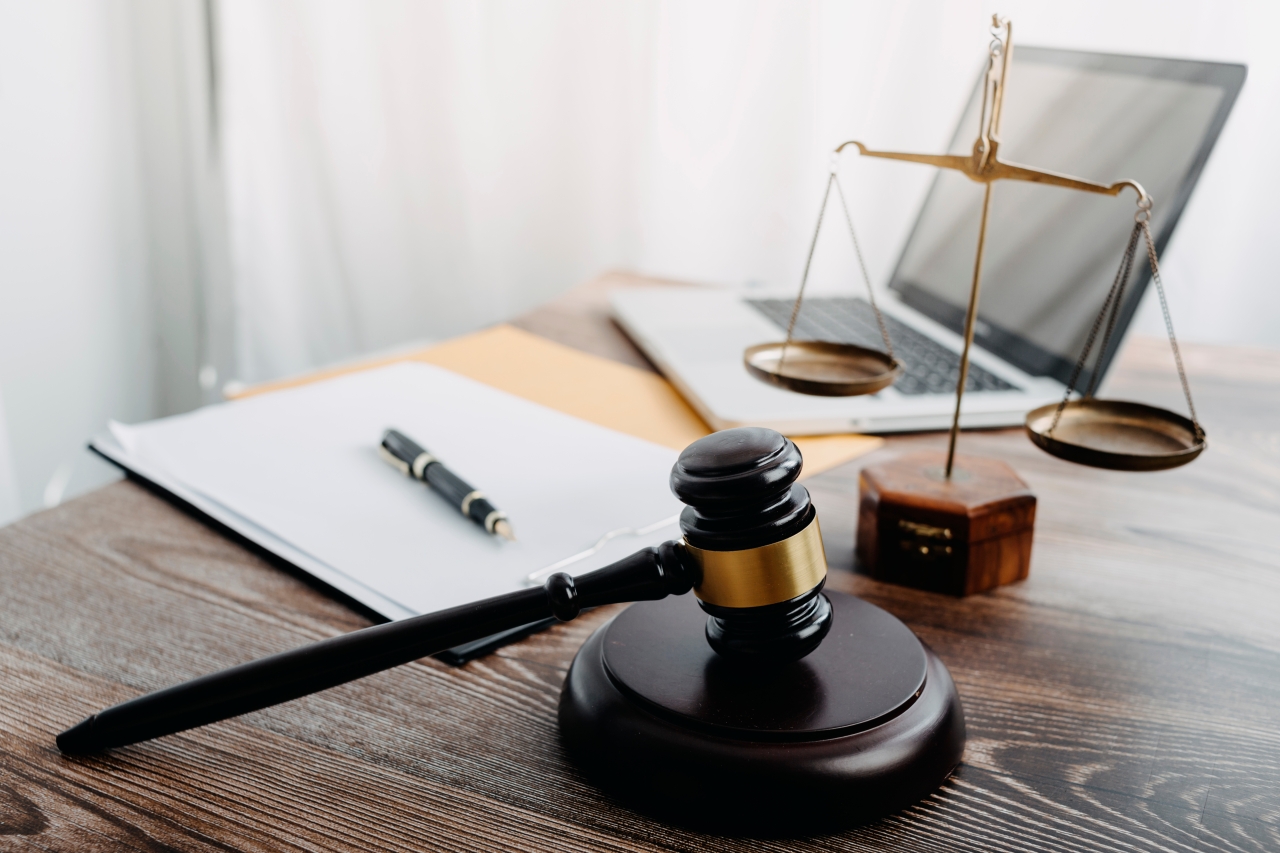I see a similar continuity in our practical problems today. Both our problems and the most effective legal solutions to those problems are old and well-known. Despite the constant changes around us, our practical problems are not essentially different from those which our predecessors confronted two hundred, five hundred, or a thousand years ago. Though we live in an age of relentless moral and technological innovation, we are not very creative at making new problems. On the surface, our practical problems may look different from those confronted by those of earlier generations. But they are essentially the same.
Consider, for example, contemporary debates about intellectual property and online technology platforms. The arguments are basically the same as those made in the eleventh through thirteenth centuries about the forest laws that the Norman kings imposed on England after the Conquest. The Norman kings enclosed the commons and converted them for the king’s use, terminating the private rights of English commoners who depended on the resources in the common forests and fields. Today, big tech companies use economic power rather than military power to consolidate their control over intellectual property and public domain use. But the logic of their argument is essentially the same as the logic of the Norman kings: You have no rights, only concessions of privilege which are contingent on positive laws enacted at the behest of the powerful. If your rights are terminated then you have no legal ground to complain.
Of course, the solution to that problem the first time around was to assert the ancient liberties and customary rights of the common law, which are not contingent on the wills of kings and corporate CEOs but derive their force from reason and from immemorial customs. Englishmen first asserted their rights in Magna Carta of 1215 and the Forest Charter of 1217. Those instruments, which preceded Hungary’s own Golden Bull by only a few years, in turn provided both inspiration and raw materials for jurists of the seventeenth century, especially Edward Coke, and yielded the English Petition of Right in 1628. Coke’s genius was to draw classical common-law concepts from earlier sources, to explain their underlying logic in more universal principles, and to apply those principles to the problems of his own day.
Americans also drew upon many of the same rights and concepts of the common law when they petitioned King George III for redress of their grievances in 1774, declared their independence in 1776, and enacted the Northwest Ordinance in 1787, prohibiting slavery in the new American territories. In turn, Frederick Douglass and Abraham Lincoln drew upon and adapted those same juristic concepts in their arguments against slavery in the 1850s and 1860s, and civil rights leaders in the 1870s drew upon the common law to frame state and federal civil rights protections.
Just as jurists drew upon immemorial customary rights and classical juristic concepts to solve those earlier problems, I want to commend classical legal solutions to today’s legal problems. The laws that are most effective at solving our practical problems remain the same as those that we inherited from jurists who came centuries before us.
Consider the problems of data privacy and online censorship. My own legal tradition, the common law which the United States inherited from England, provides simple and effective solutions to those problems. The problems look new, but they really aren’t. We see the continuity once we look past the novelty of the technologies in which the problems now arise. The basic difficulty is one that common and civil lawyers solved centuries ago, namely how to identify the legal rights and responsibilities in both tangible and intangible assets when those assets come into the possession or under the control of a person other than the person who created them.
Today, we entrust our most valuable assets to computer servers and international networks rather than horse-drawn coaches, riverboats, and ships. But we still face the same challenge of identifying who should have access to those resources and who is responsible for delivering them to their rightful users. We can address that challenge primarily through a legal doctrine known as trespass, a doctrine that grew out of an ancient common law proceeding by the same name.
Today, our trespass disputes concern patented inventions, trademarked logos, and digital photographs, but they are still trespass disputes. The property is intangible and movable rather than tangible and fixed, like land. But it is just property. We still need to know whether a defendant entered private property without consent and whether he did so willfully. Those are questions as old as the common law, for which the common law has long provided reasonable answers.
We can identify intangible property using a classical juristic concept that is deeply rooted in both common law and civil law, the right of first publication. The right to keep one’s innovations and expressions secret and to decide if and when they will be disclosed to the public is fundamental. In the common law it is the foundation of trade secrecy and the common-law copyright. In civil law it was the legal security for the artisan and merchant guilds. It is only by offering statutory intellectual property rights to innovators and creators that the law could justifiably induce them to disclose their creations to the public, to the benefit of all.
Intellectual property rights are therefore not entirely conventional and contingent upon positive law. They are reasonable because and insofar as they offer to creators a just quid pro quo in which creators yield up their natural and customary rights of secrecy in exchange for marketable rights of exclusive use.
The legal wisdom of the past bears directly on our contemporary problems because, though we humans have changed the world during our time here, we still have the same nature that we had thousands of years ago. We invented the wheel to solve a practical problem that we still have today: how to move from one place to another. We are still embodied beings and the technology of the wheel remains useful to move our physical bodies where we want to go. We don’t need to reinvent the concept of the wheel every time we need to move somewhere.
Similarly, we don’t need to reinvent the law with each generation. The common law is not something that was. The common law is a living legal practice that is. The rights and concept of my legal tradition remain useful, even vital, in the information age.
What about your legal tradition? What juristic resources can you bring to bear upon the practical problems of our age? And who will research and explain those legal concepts in terms that will appeal to the reason of all persons? Who will be the Edward Coke or Abraham Lincoln of Hungary?
This essay is adapted from a lecture delivered at Mathias Corvinus Collegium on 1 December 2022.









